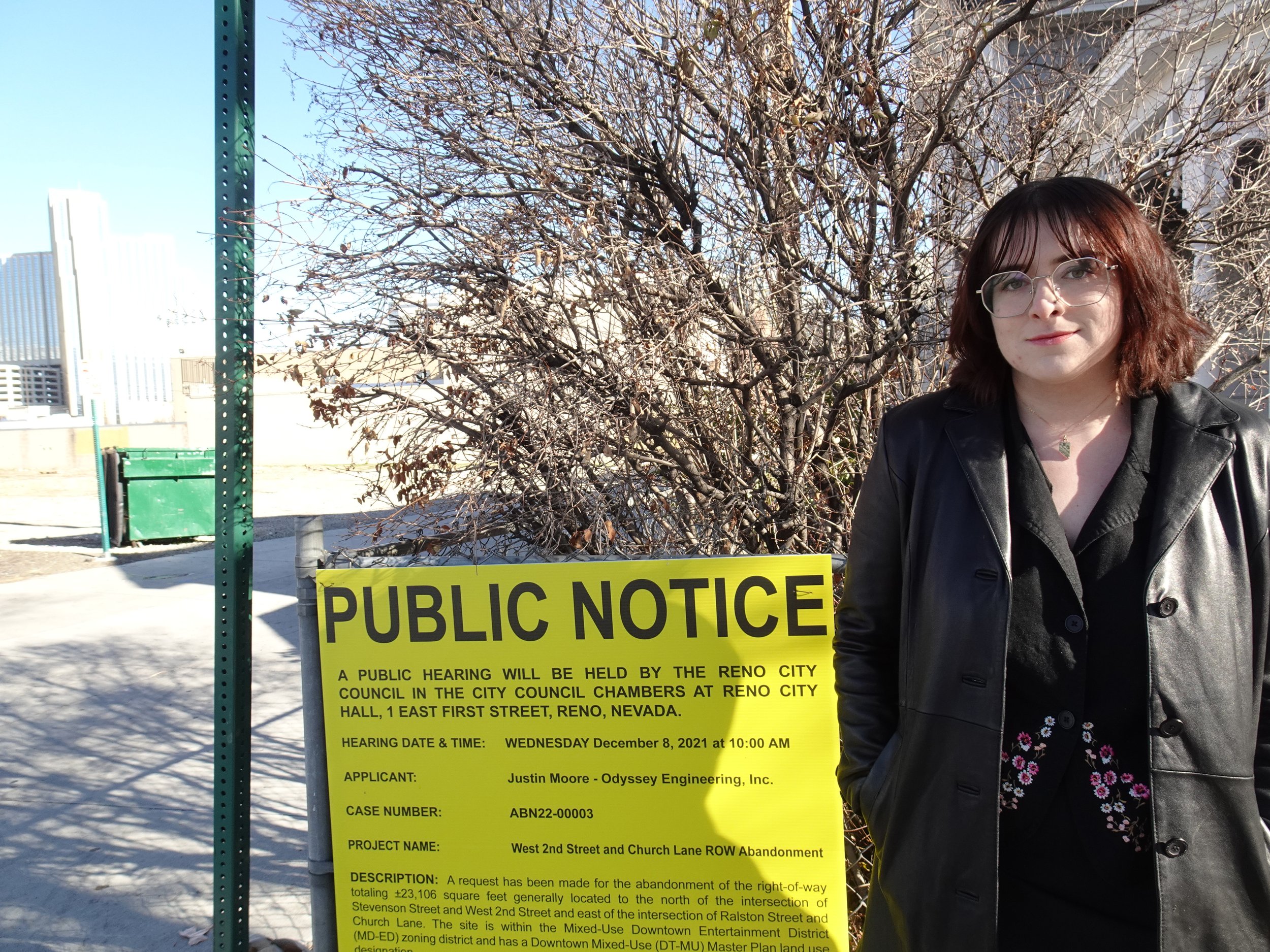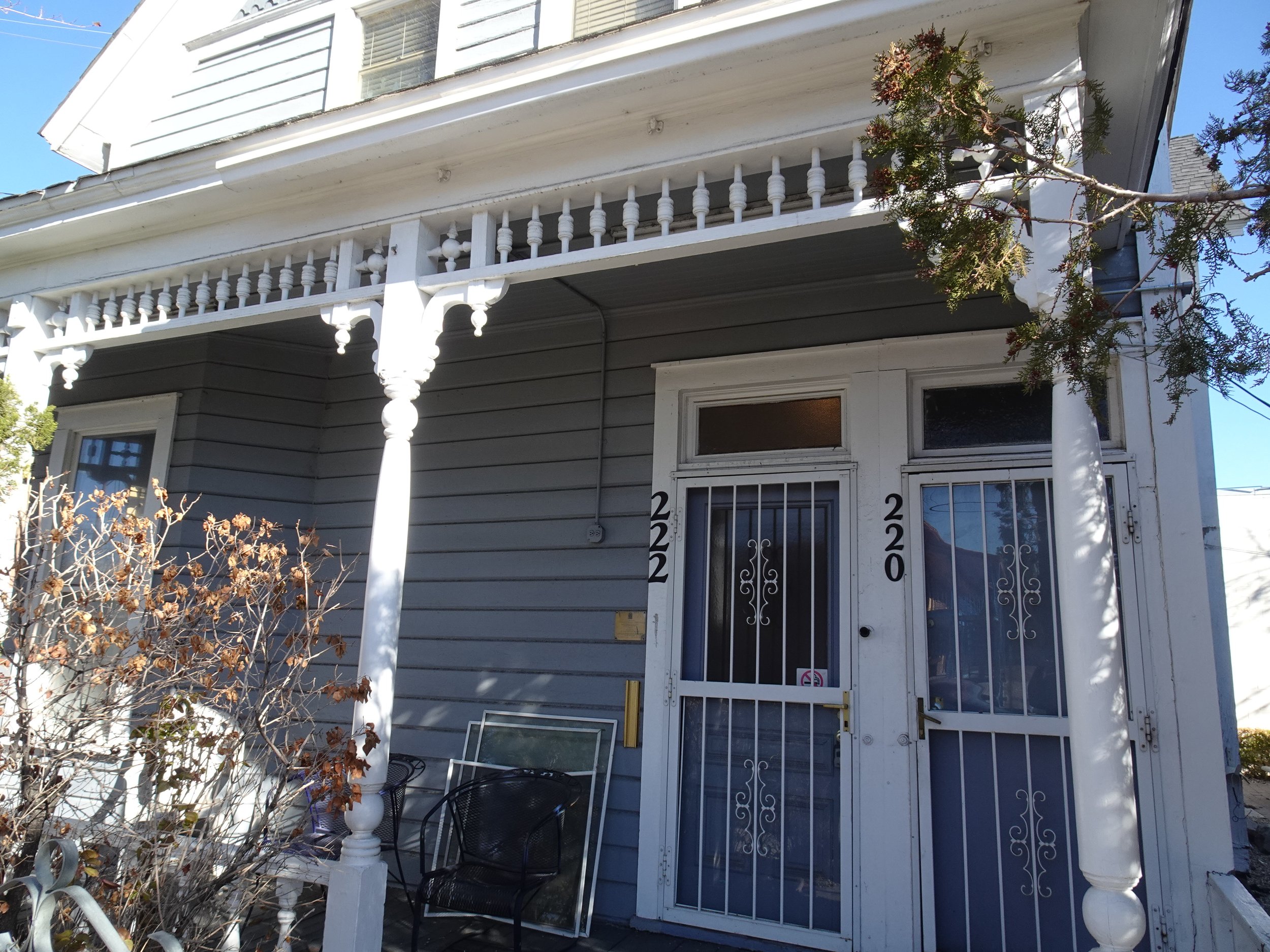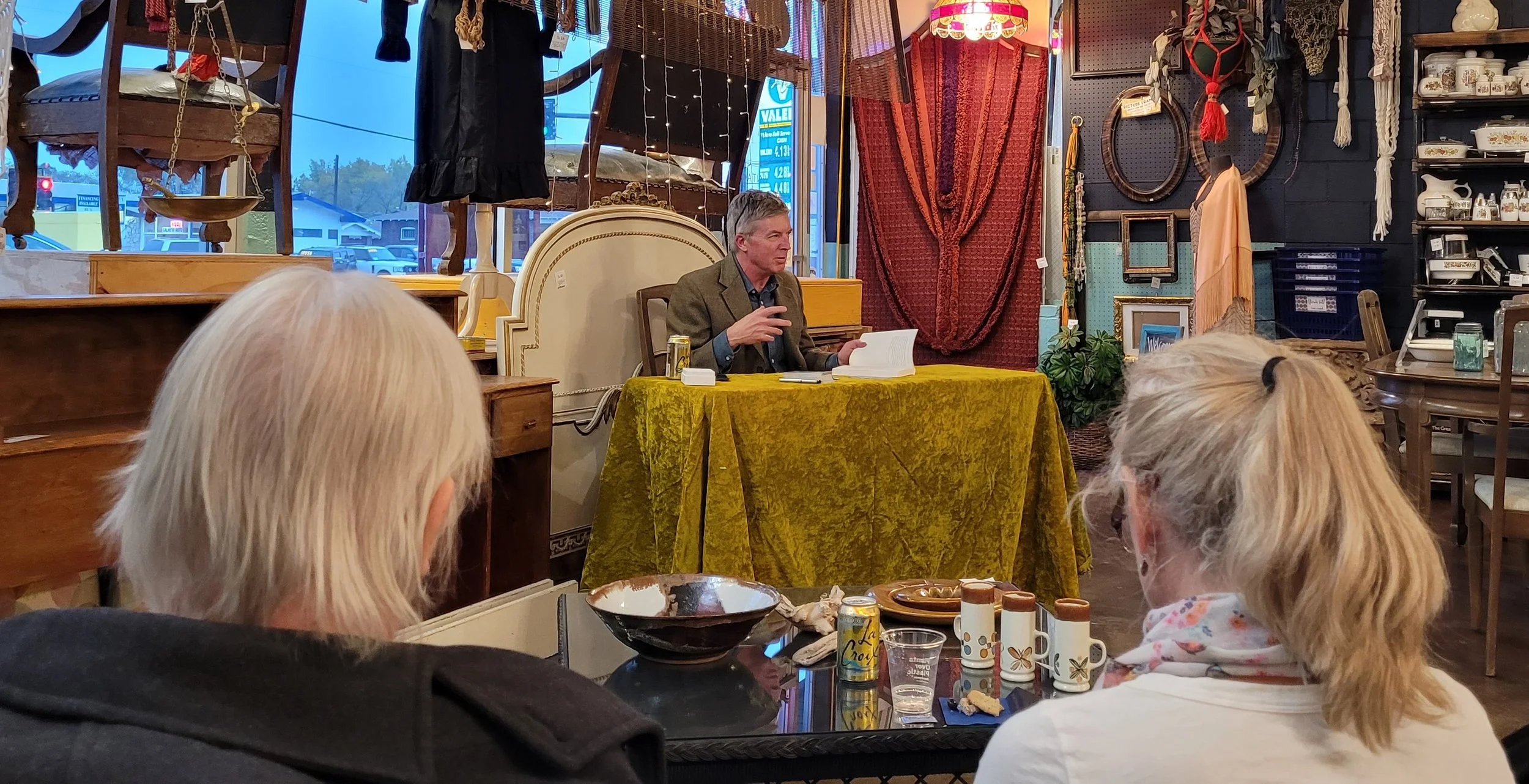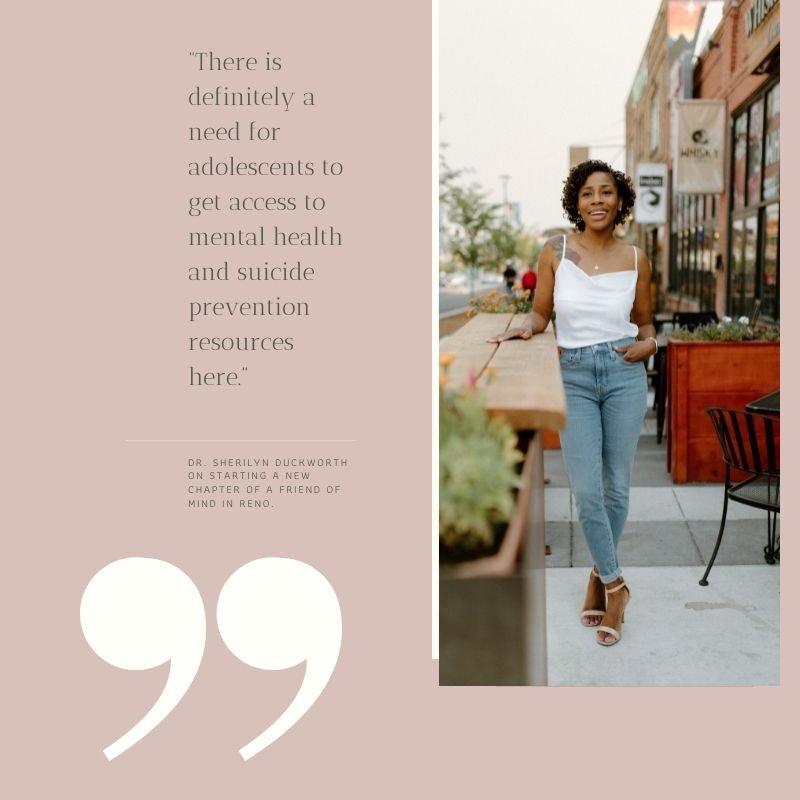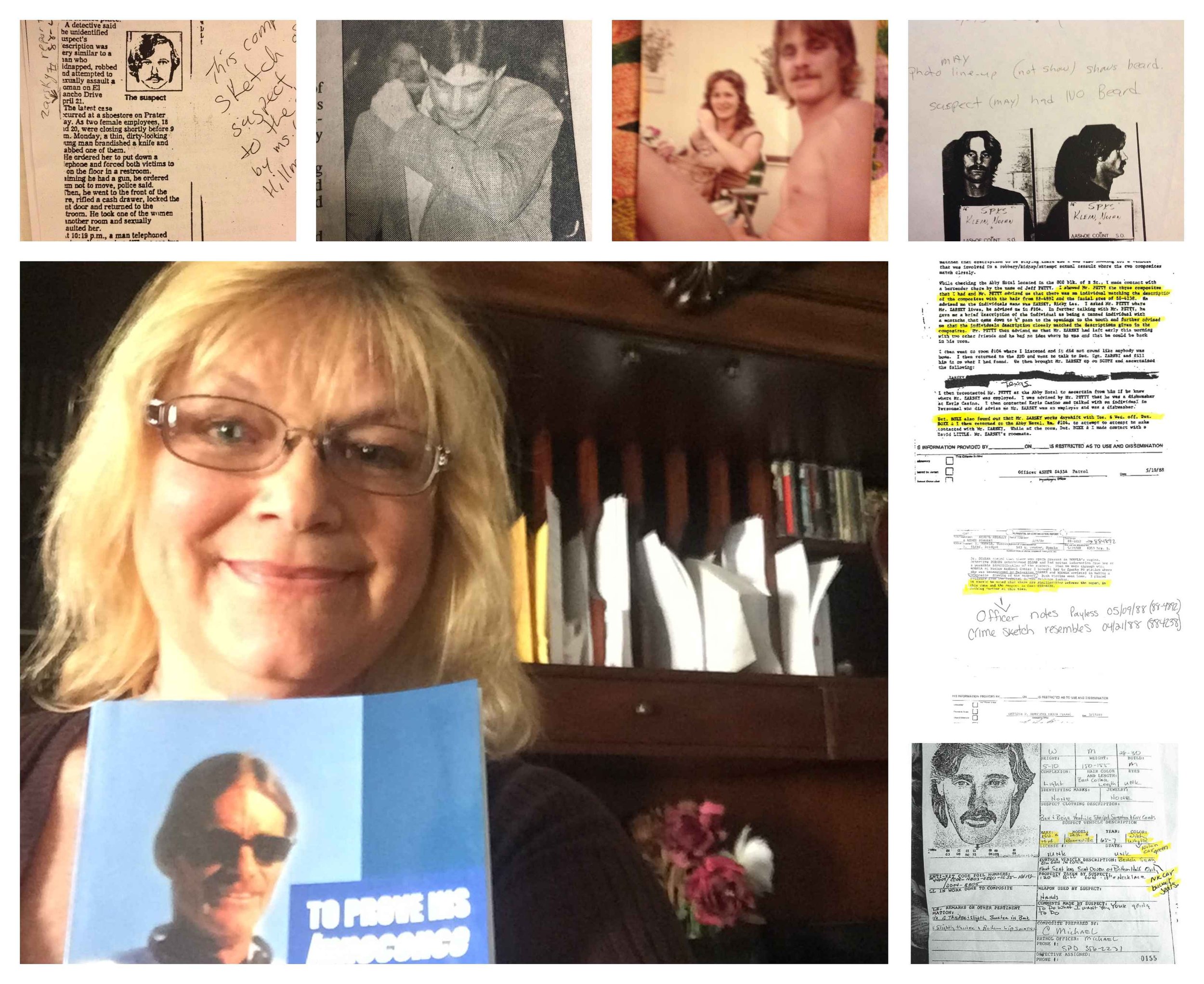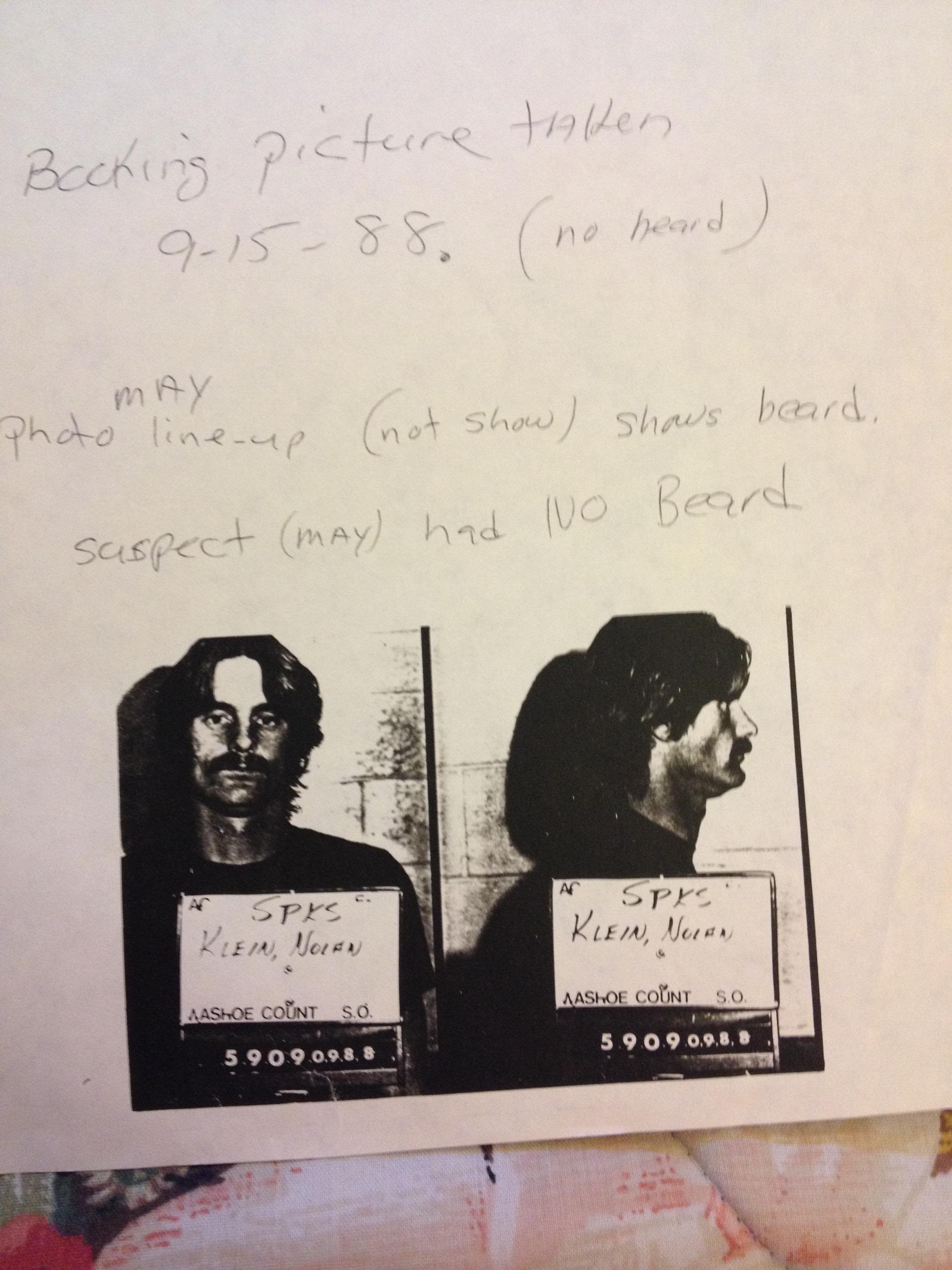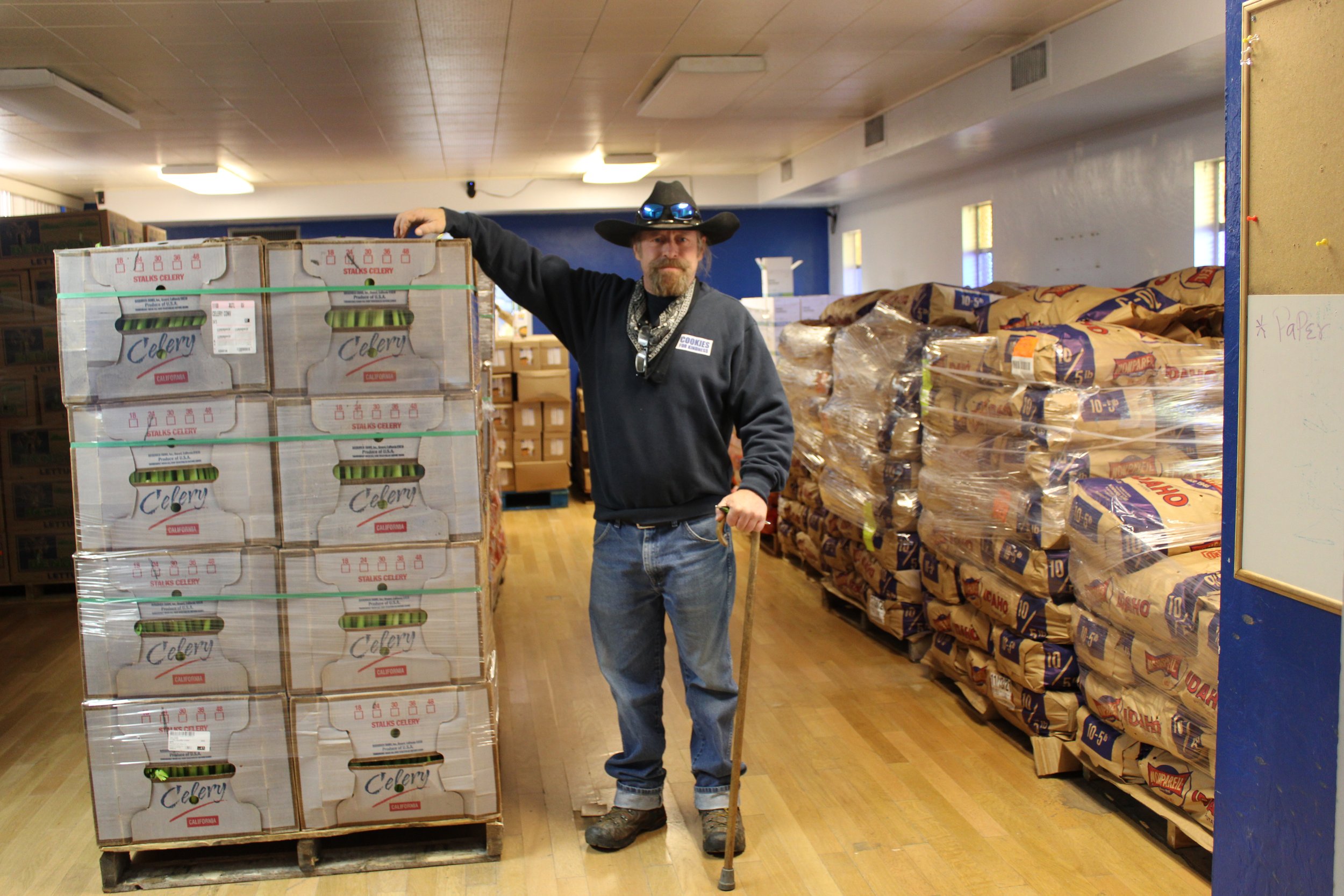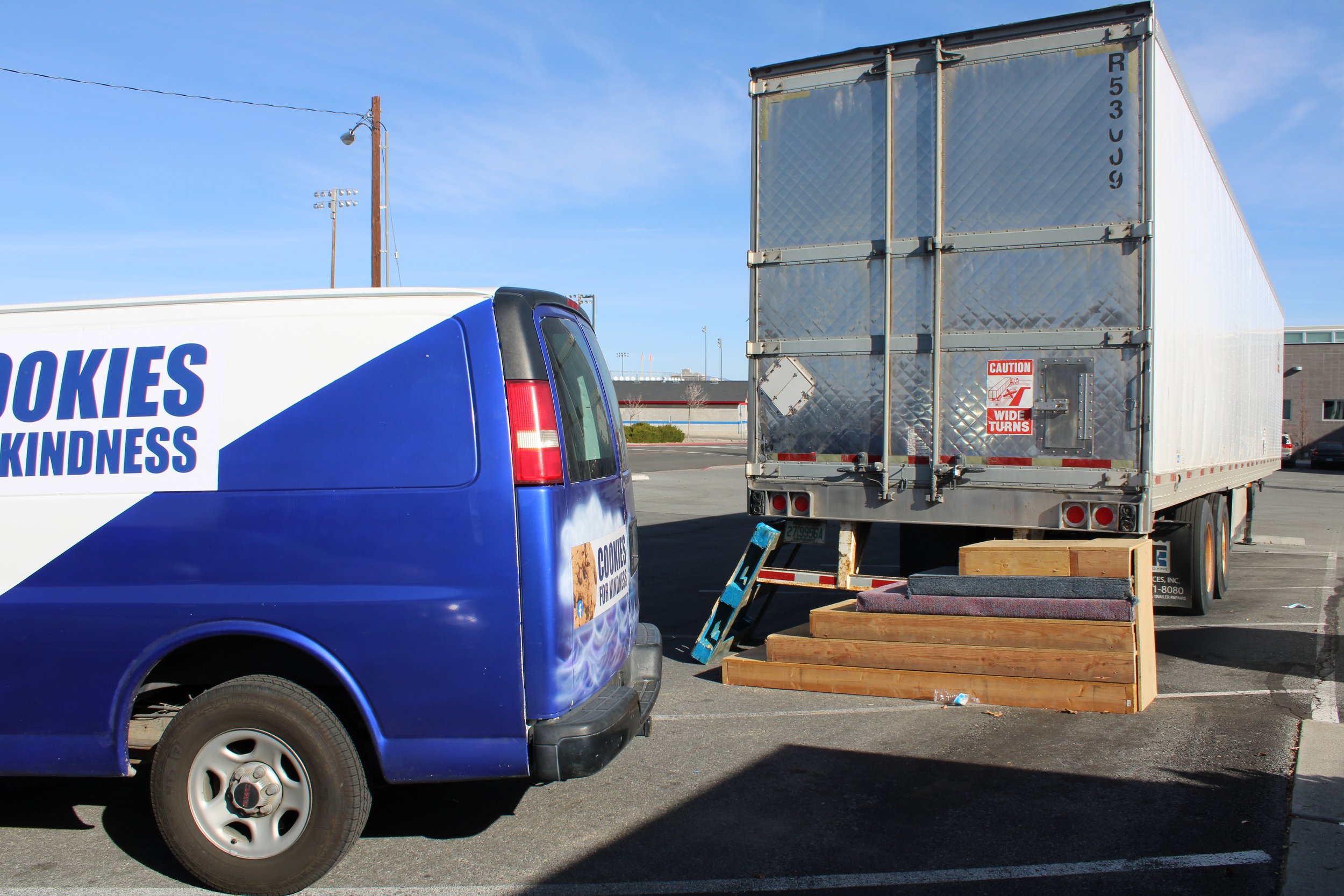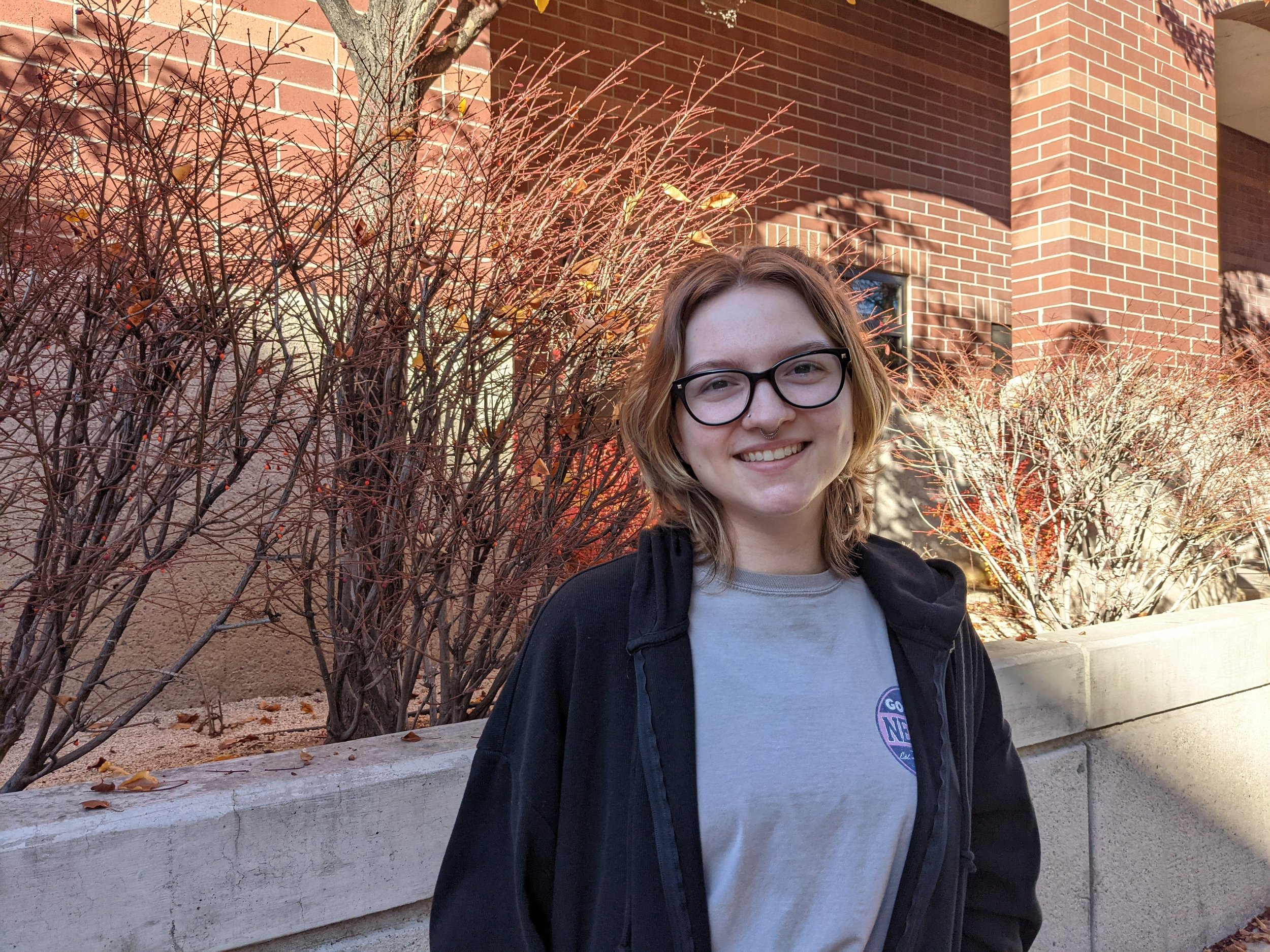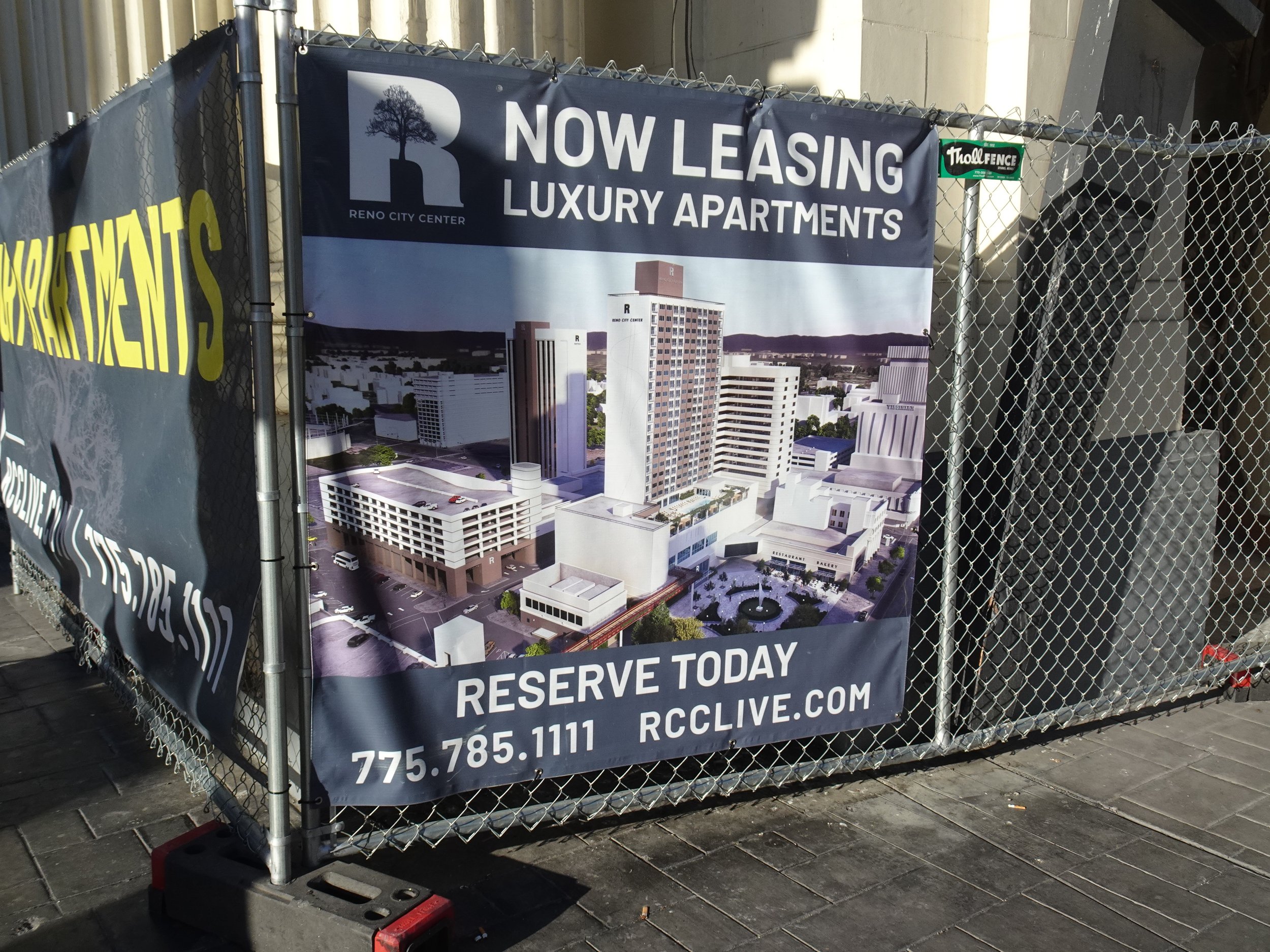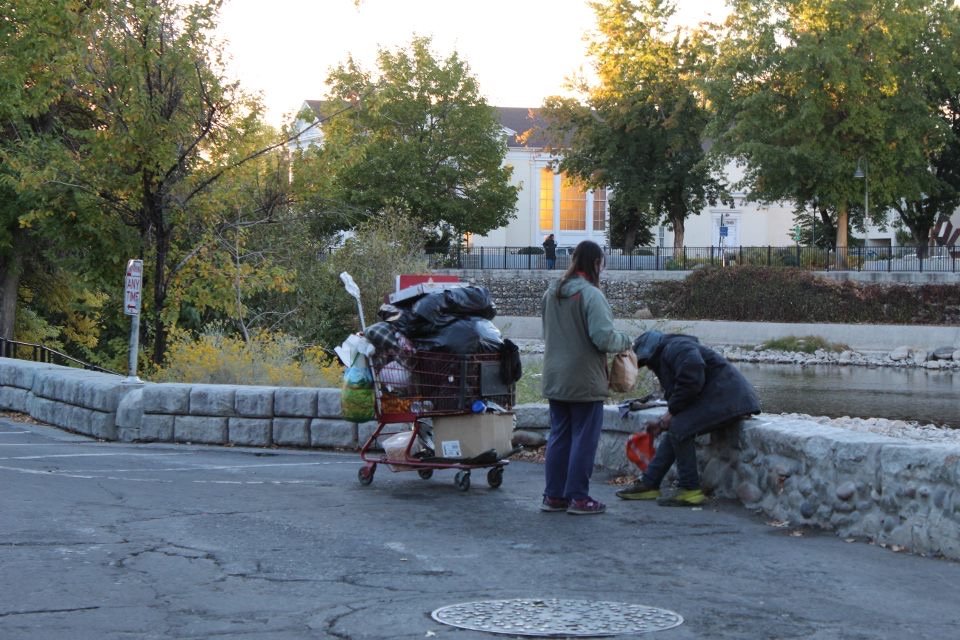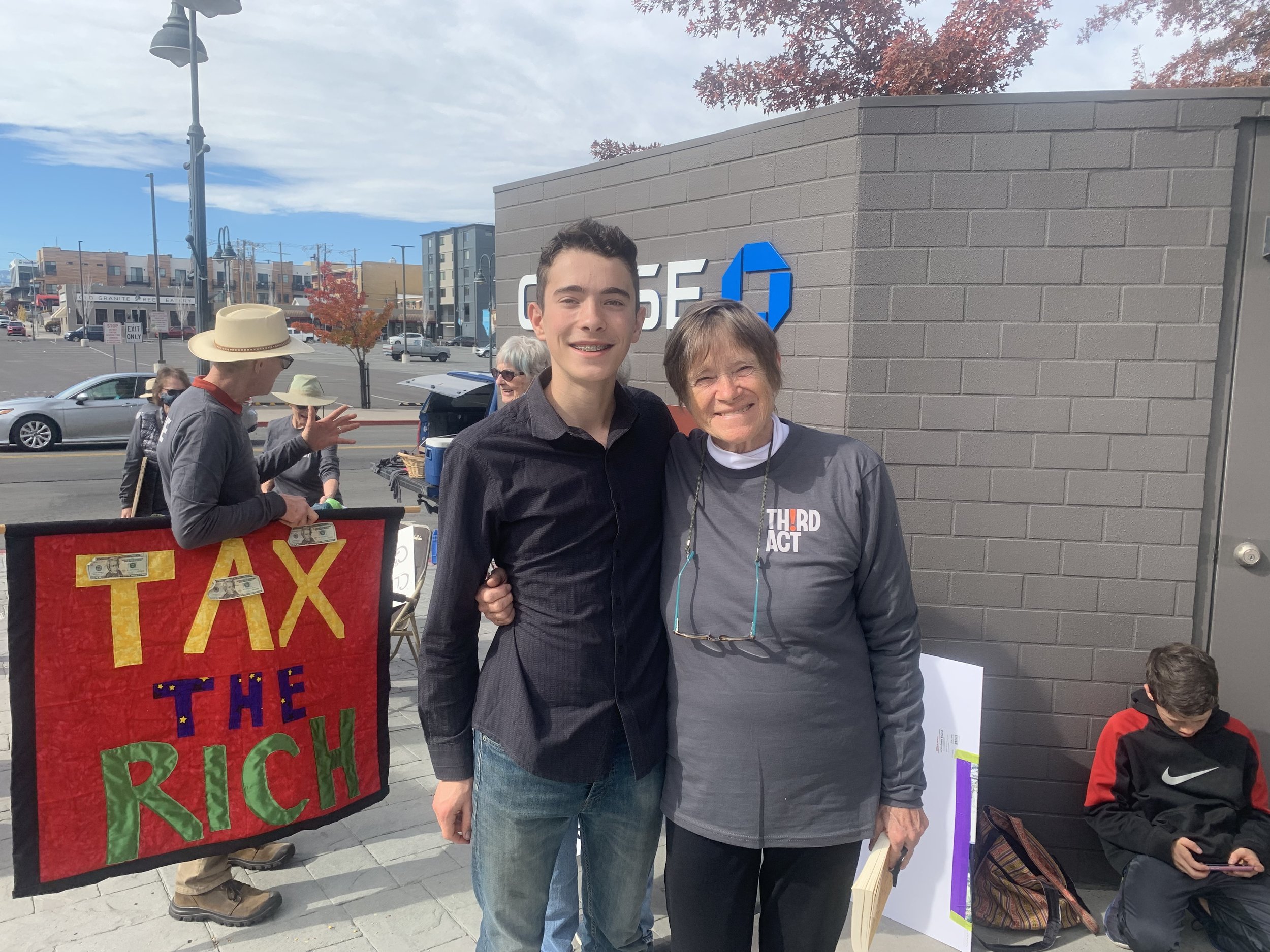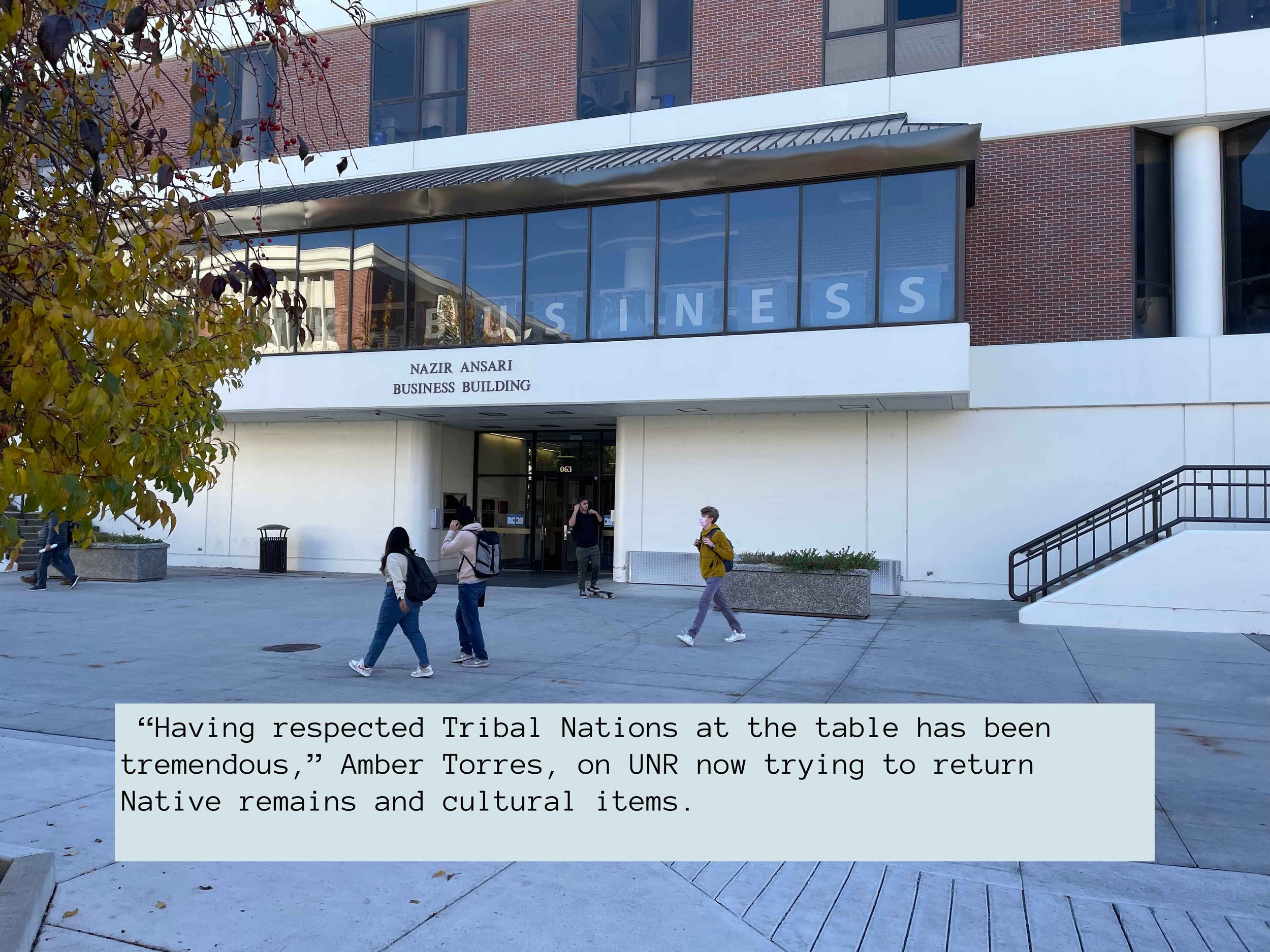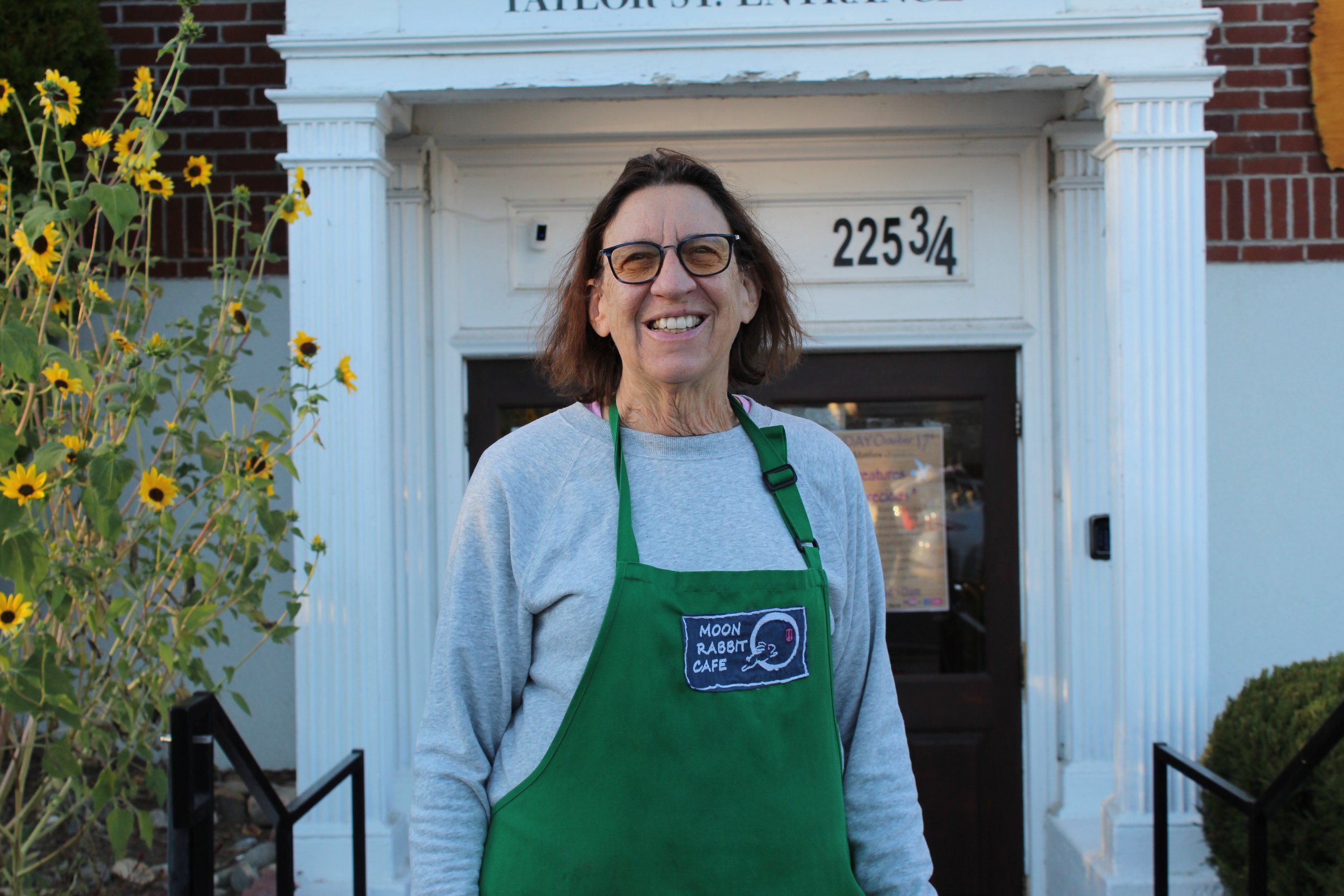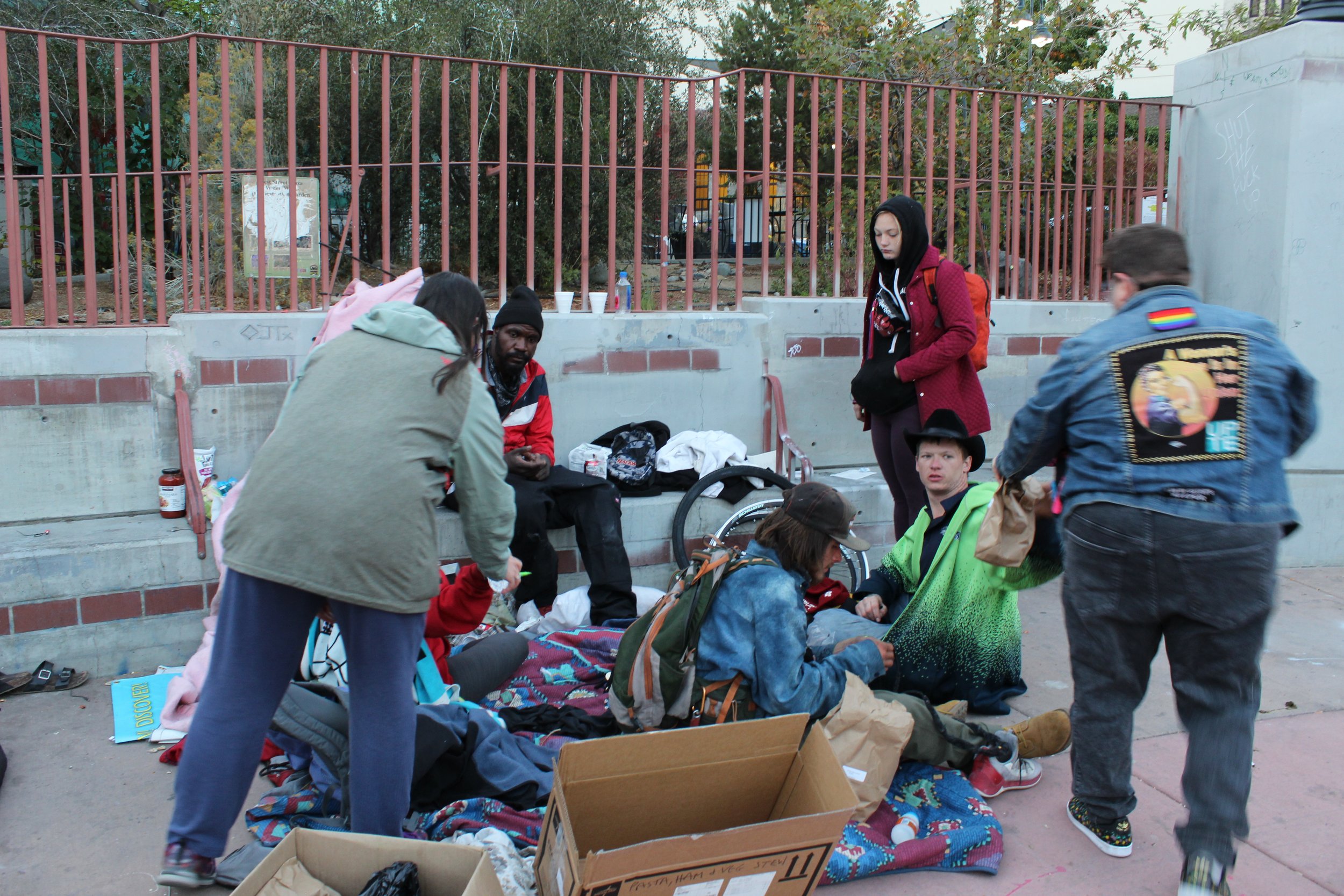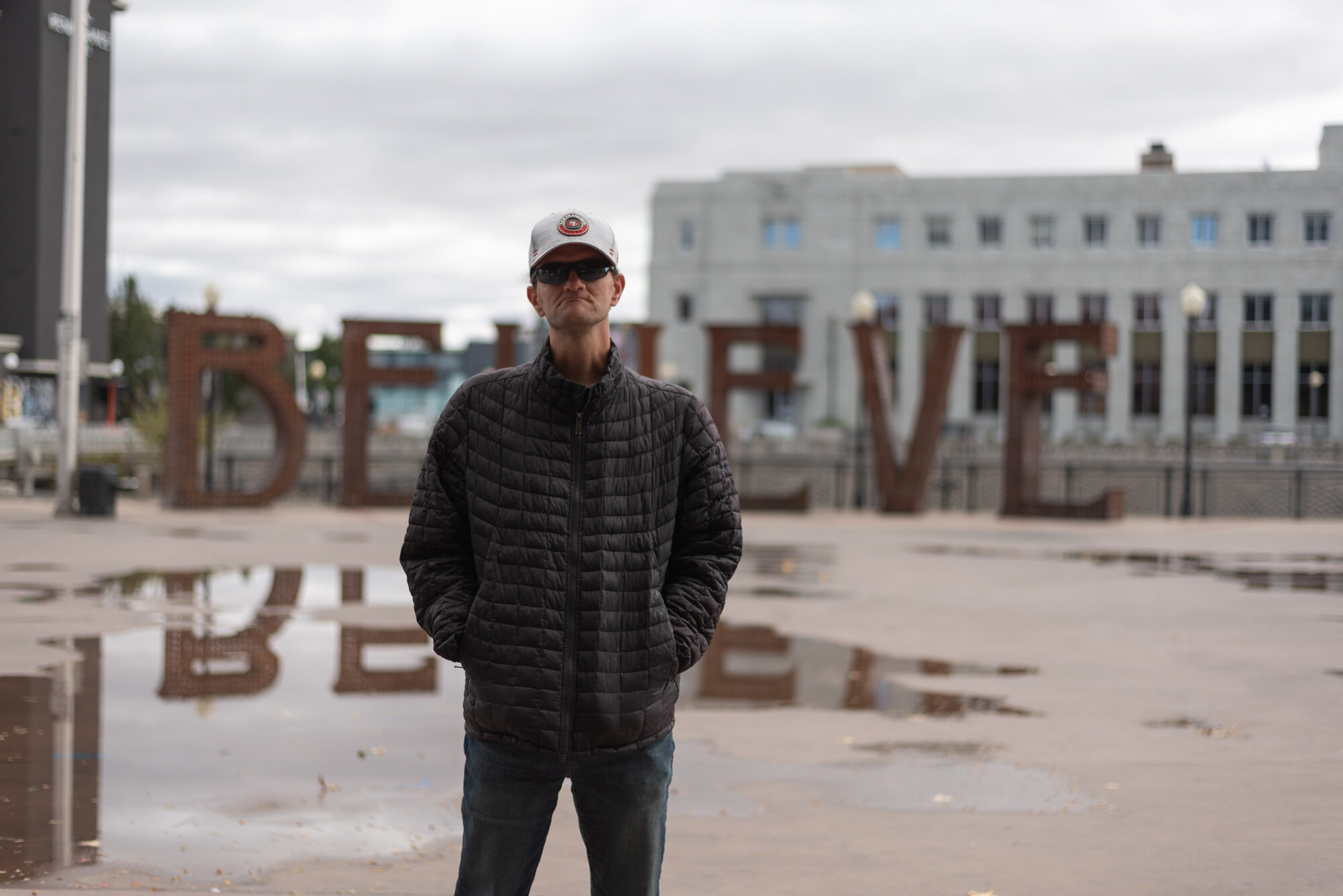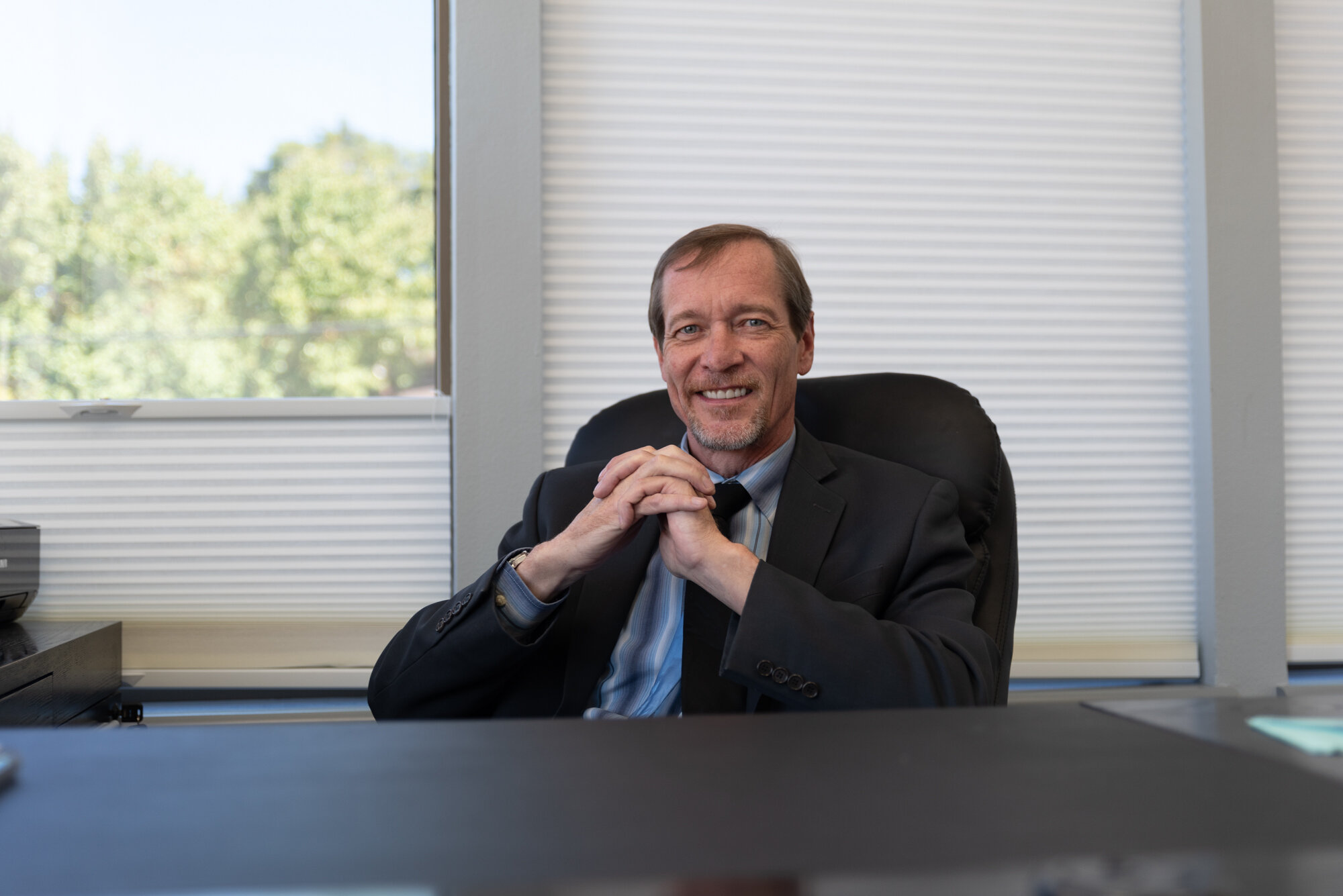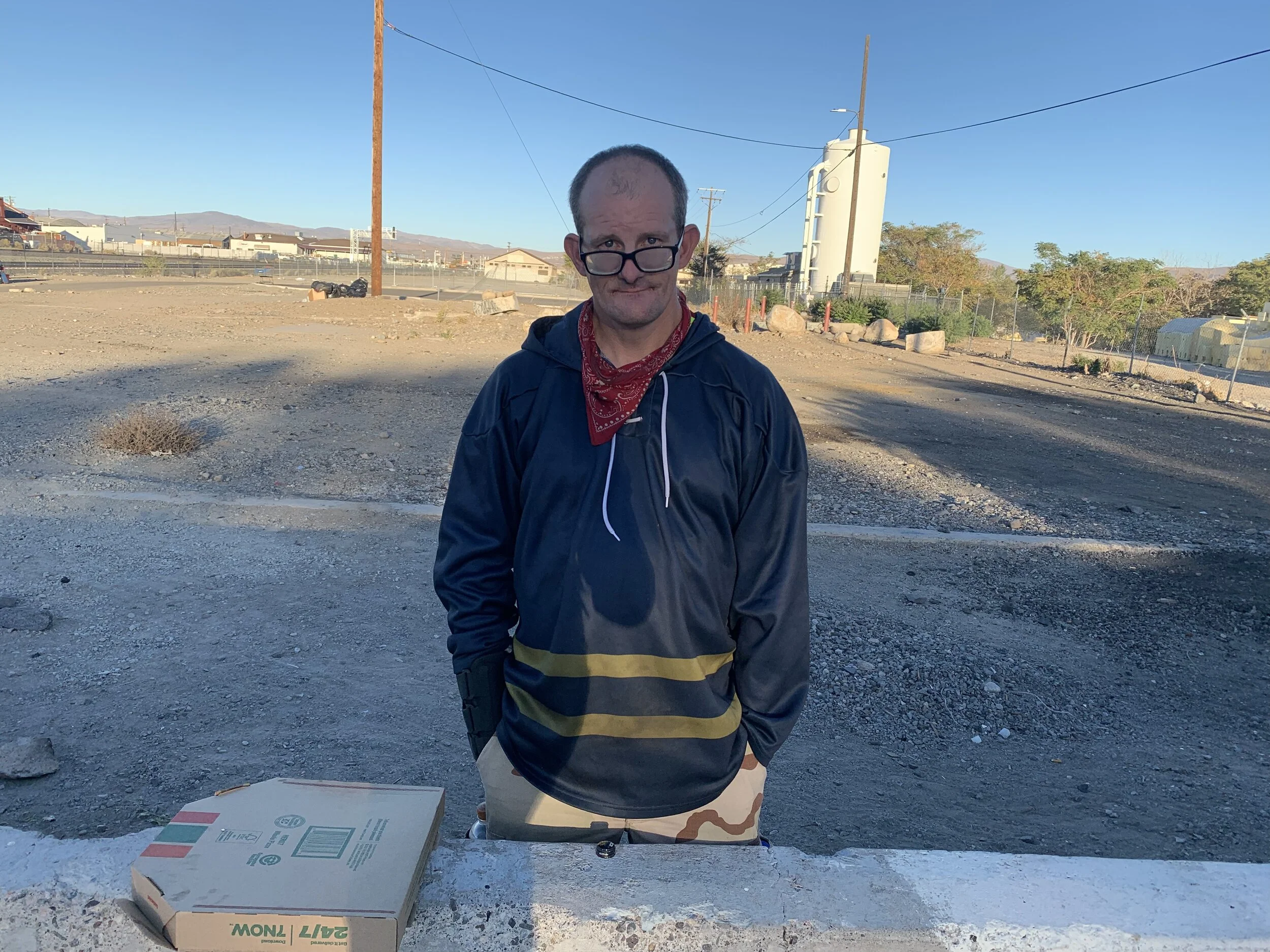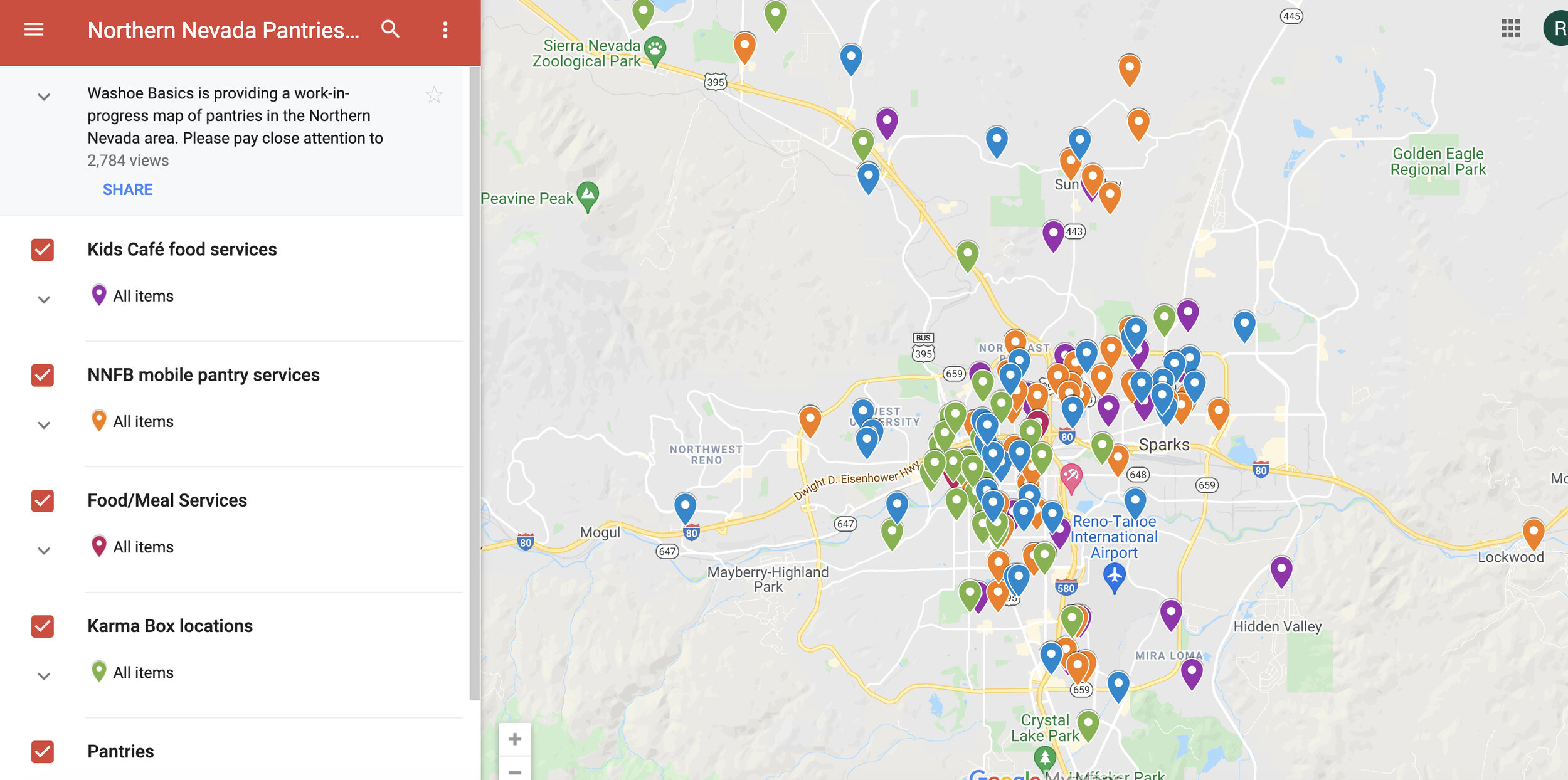Crystal Gomez, who works at Our Place, was asking friends and family if anyone knew any businesses they could contact to participate in the family shelter’s holiday gift giving program.
“Usually a lot of of businesses put up a tree and people, their customers, will buy a gift for somebody in the tree,” Perla Gomez said during a recent interview from the checkout room at the Reynolds School of Journalism at the University of Nevada, Reno.
“So my sister’s like, do you guys know any businesses that would be interested because it's been a rough couple years? And I was, I kind of was like, well, I don't really know a lot of business owners, so I kind of stayed quiet. And I was like, ‘could we do it like as a school? Like maybe we could do it at the journalism school?’ And she said as long as families are getting presents, you know, it doesn't matter. It doesn't have to be a business, but that's how it's been done previously.”
It was worth a shot. Perla emailed her colleagues, hoping a few might be willing to participate. She says she got five responses in the first ten minutes. “So I was like, okay, we'll do a family. And then I had like another five and then three more. So I was like, we have 13 and my sister's like, oh, okay, then you could probably help two families.” She added a few friends to the initiative to where she’s now buying gifts for four families. As part of the program the families have written Christmas lists for their kids to get special presents.
She’s happy she went ahead and did the group email. “I was a little bit shy to put it out there at first because I wasn't sure how to word it. So I wasn't sure if people would take me seriously, but I was excited. I think this is special because when people ask for help, they usually ask for the necessities, like just food, shelter and things to help them survive,” Perla said. “So when you give them something out of their way, it just helps people restore their humanity. The real gift is giving.”
Perla, born and raised in the area, and a graduate of North Valleys High School, speaks from a lived experience of hardships growing up. This included moving repeatedly and several evictions.
“The first time I was evicted, I was in sixth grade, I think. I had moved out, my parents separated in fourth grade, but then they got back together and right when they got back together, we got evicted and then my parents separated again. So it was just a lot of moving and I didn't really realize like why we got evicted. It was just like, oh whatever, I'm moving again.”
She remembers being upset and confused even though others in her family helped.
“We didn't get to take a lot of our stuff. We had to leave a lot of our stuff there. I was just like confused. Like why, you know, why do we have to leave? That was like the house I grew up in. We had an apartment before that, which I was too young to remember. Before that we had a little apartment, then we lived with our aunts. It was like 10 people in one house. And then we moved into this place and this is where I called home. I had a slide in the backyard. So when we left I was very upset because that had felt like hope. And I feel like I haven't felt at home since that place because we were moving back and forth.”
Her own father has been unhoused, as even though he works hard and makes ends meet usually, he has suffered from alcoholism. Perla says this has increased her empathy for the unhoused.
“One time we got evicted when I was like 15 and my dad stayed at that place,” Perla remembers, of her father surviving as best he could. “So he'd hop in through the window and we'd follow him and he was in that place, but he didn't like to ask for help.”
Perla finds rising prices alarming. In addition to her UNR job, she’s been a server at a local chain restaurant, and now a bartender at a nightclub.
Perla is not surprised it’s often those who have struggled who are the most generous to those in need.
“I feel like because you know what it feels like to feel hopeless,” she said. “It’s easy to empathize with people to understand where they're coming from. Even if it's not the same story, you know like how hard it is to feel hopeless or sad or heartbroken.”
“I think it's awful,” Perla said of rising rents. “I think a person with a regular salary it's hard enough for them. And most people don't have a regular salary. I'm single and it's hard to afford a place by yourself. I can't imagine with having kids or just not having a consistent job, especially during these times.”
She said she was inspired by an Our Town Reno article once on the importance of just talking to people who are unhoused. She goes by the area behind the Peppermill Casino, where just next to a park with tents, there are some new luxury apartments. “I see a lot of people working. I see a lot of people reading, like educating themselves, people with cell phones, they just can't afford a house. I’m like, like what is going on? Like we all see have a problem right here,” she said of the juxtaposition.
“These studios go for 2000. So I think it's just very ridiculous. Our priorities are not focused on the right things in Reno.”
She recommends others to do what she’s done with their own workplaces. “I feel like it's worth it. I think it's important to ask and even if you're feeling nervous, it's really nice to give back and the worst that can happen is people say no and that's it. Like, nothing else can happen, but nobody's gonna beat you up for trying to help anybody. So I think just go for it. And there's somebody that's in a tough situation right now that you could help while you're okay.”

